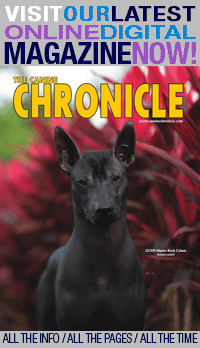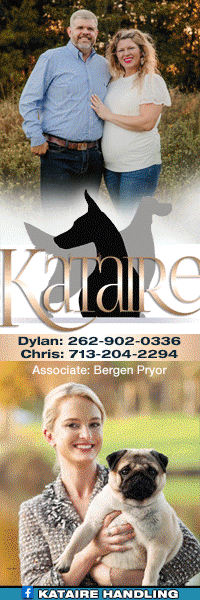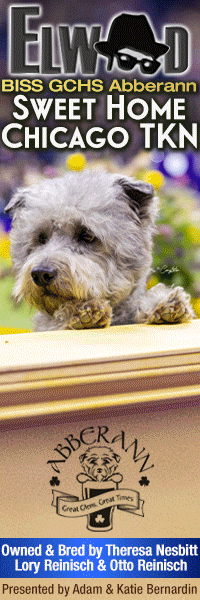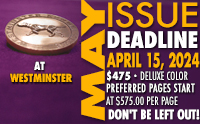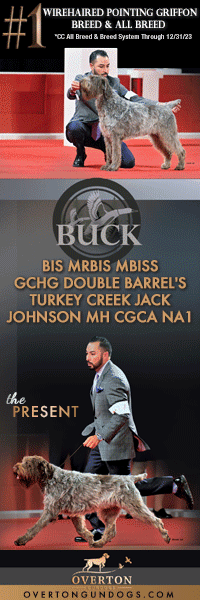Words Of Wisdom From Jane – The Do’s and Don’ts of Approaching The Judge
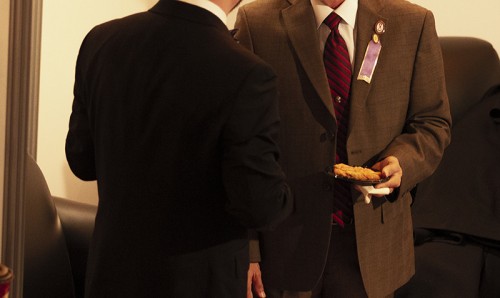
You pay your entry fee, take your chances, and hopefully, the judge is well-educated in your breed. Your entry fee is the fee to evaluate your dog. You are paying for one judges opinion. What if you disagree? What if, in your opinion, the judge is way off base? When, if ever, is it appropriate to approach the judge about the placements?
Having been on many sides of this dilemma (Breeder, Owner, Handler, AKC Rep, and Judge), my first question would be, why? Is it because you didn’t win? Or is it because you truly feel the judge is way off base with his/her opinion? My second question would be, are you qualified to have this conversation? How long have you been in the breed? Are you a breeder? If so, for how long? How many champions have you bred? If you are a handler, how long have you been exhibiting this specific breed? How many dogs have you finished in this breed to Ch. or GCH? Judges have spent a significant amount of time and energy learning a breed, talking to mentors, going on kennel visits, going to National or seminars, and completing online education. What are your qualifications?
I can only speak for myself but marching into the ring with your hair on fire and asking the judge what he/she didn’t like about your dog really isn’t the best way to start a conversation. You ask the judge, “Why did you put up the other dog?” But this really doesn’t fly either. Been there, done that–didn’t work!
I do believe permit judges branching out from their original breed or group are more than willing to have a discussion with a long-term breeder or exhibitor on salient, hallmark, breed-specific characteristics that are important to them and their breeding program. Now understand, no judge wants to hear they got it wrong, but rather how they could do better. As the breeder/exhibitor, your goal should be to give the judge additional insight into your breed that may not have been discussed in seminars or in other education. You are merely giving the judge your humble opinion and something to think about–planting a seed if you will.
Approaching the judge should be done during downtime, not between classes, not while taking photos, but when the judge clearly has a break in their assignment. Introduce yourself, explain you are a long-time breeder, exhibitor, or parent club-approved mentor (if applicable). Do not discuss specific dogs, but let the judge know you are aware he/she is fairly new to the breed, and sometimes it can be a difficult breed to judge. Simply explain that although they did okay, you would like the judge to consider prioritizing X, Y, or Z as these characteristics are important to you and, in your opinion, paramount to breed type. It’s easy. There’s no argument, just a little FYI. I would like to think all judges would appreciate the additional information and education, as many times different breeders and mentors have different priorities, and that’s okay. A judge’s job is to take in all the information available, digest it, find their way, and be consistent.
Now, if you are fairly new to dog shows and are trying to educate yourself, that’s great!
Having a discussion with a judge (new or established) about the qualities of your dog can be very educational, but first, make sure you have read your breed’s standard. I realize many who read this will think this is a no-brainer, but you would be surprised how many exhibitors have never read their breed’s standard. The point is, do your homework before showing your dog, much less approaching a judge to discuss the breed. Again, don’t bite the judge’s head off; this will get you nowhere. Explain you are new to dog shows if that is the case. Ask how you can improve; is there something specific about your dog you should be aware of? Was it your handling? Your grooming? Ask questions; it’s okay; we all started somewhere. Even the most seasoned handlers, breeders, and yes, even judges ask questions and learn something new every day.
At the end of the day, I would like to believe everyone wants to improve–judges, breeders, and exhibitors alike. All conversation is good conversation, so do your homework, take a deep breath, and be kind.
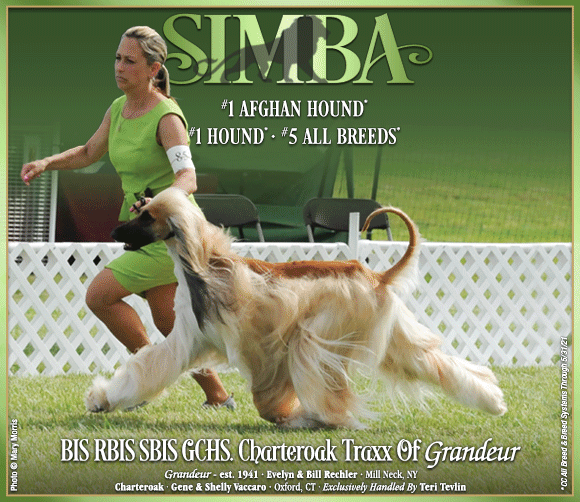
Short URL: http://caninechronicle.com/?p=207309
Comments are closed
